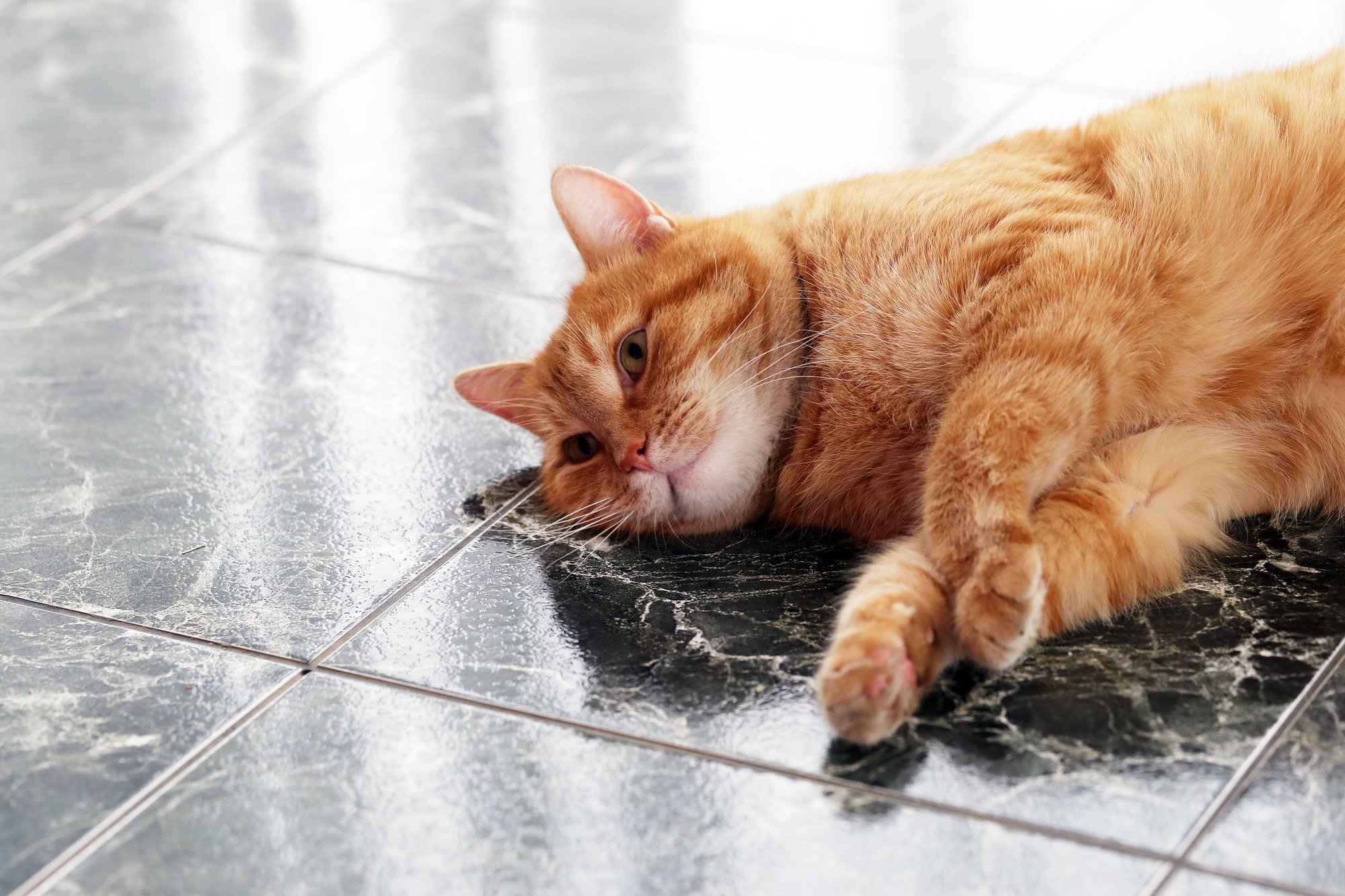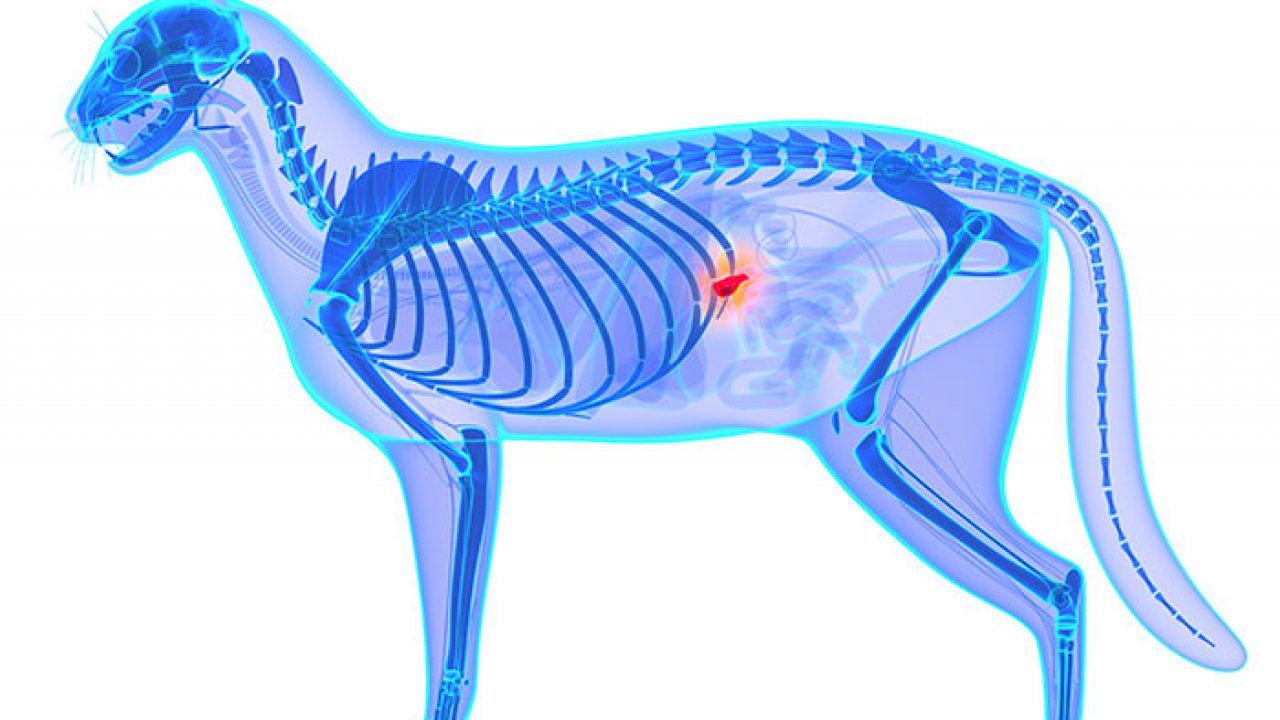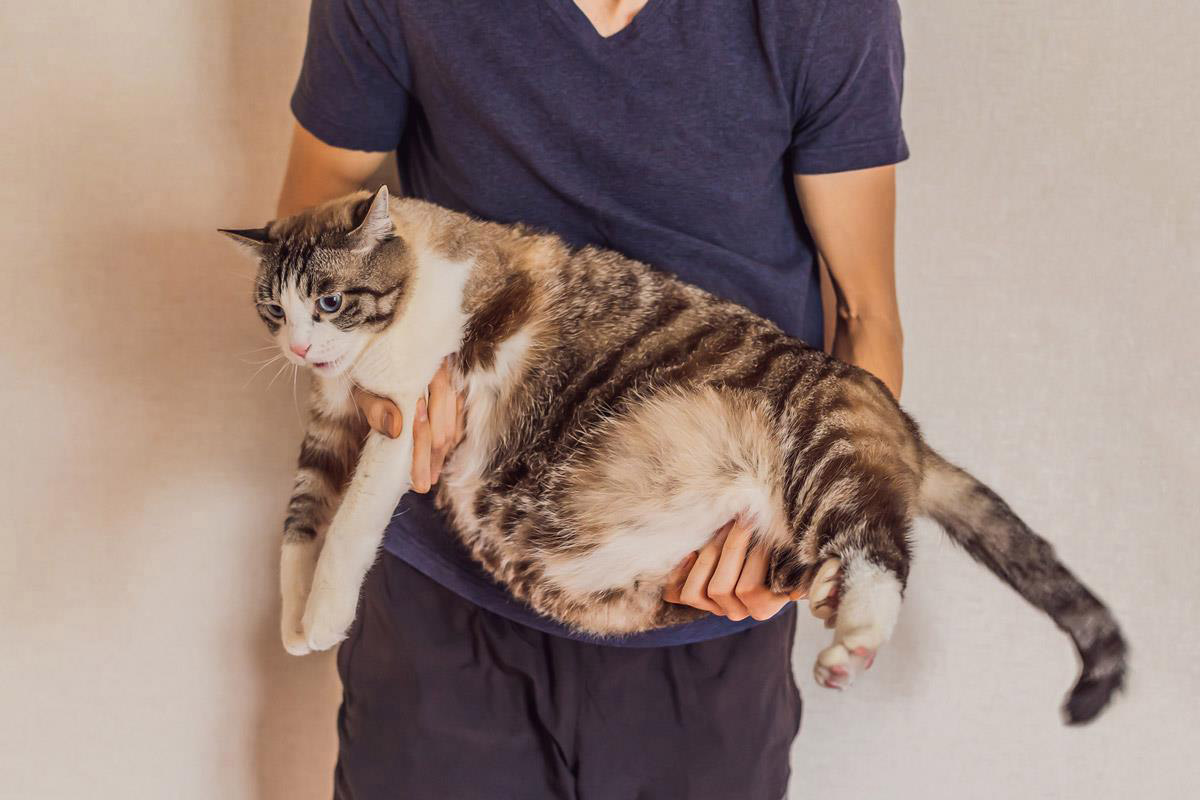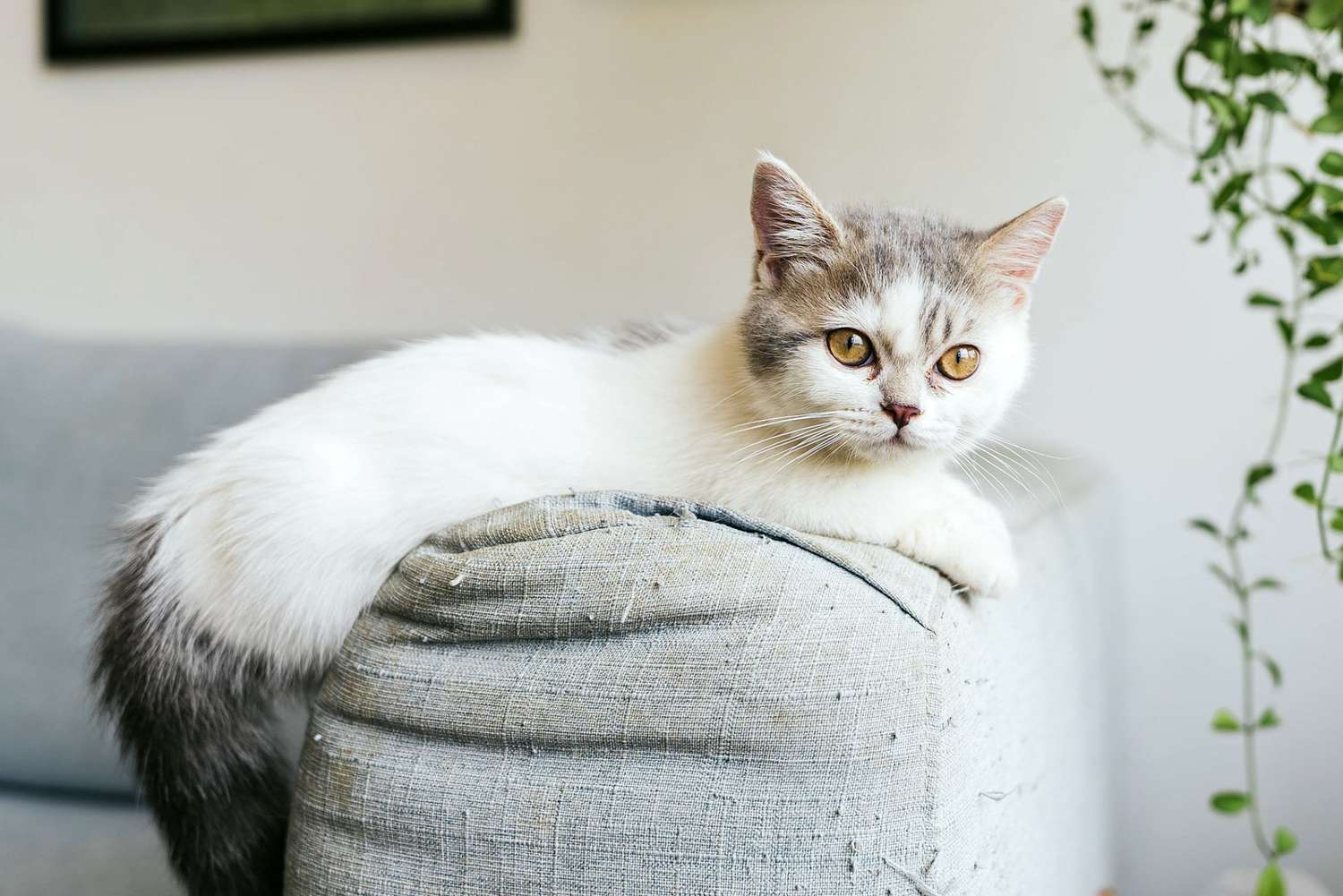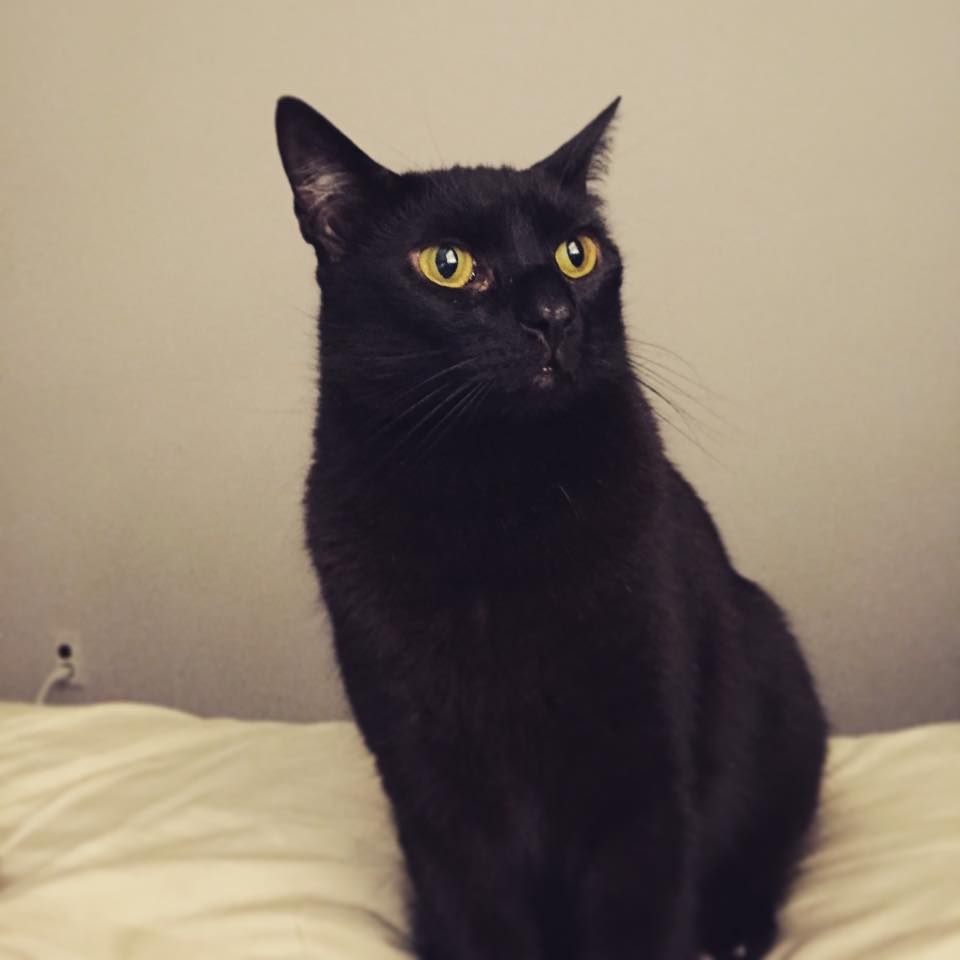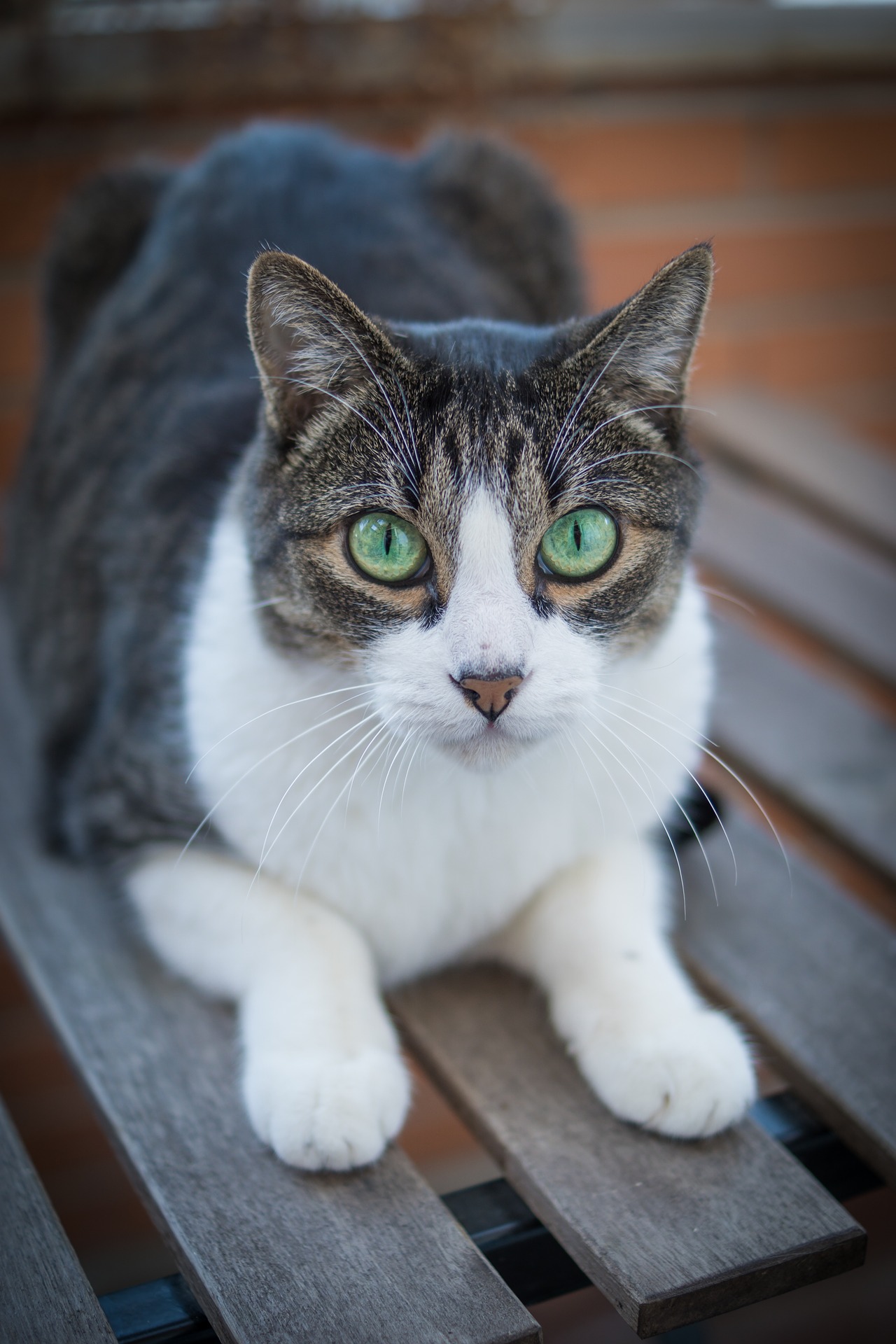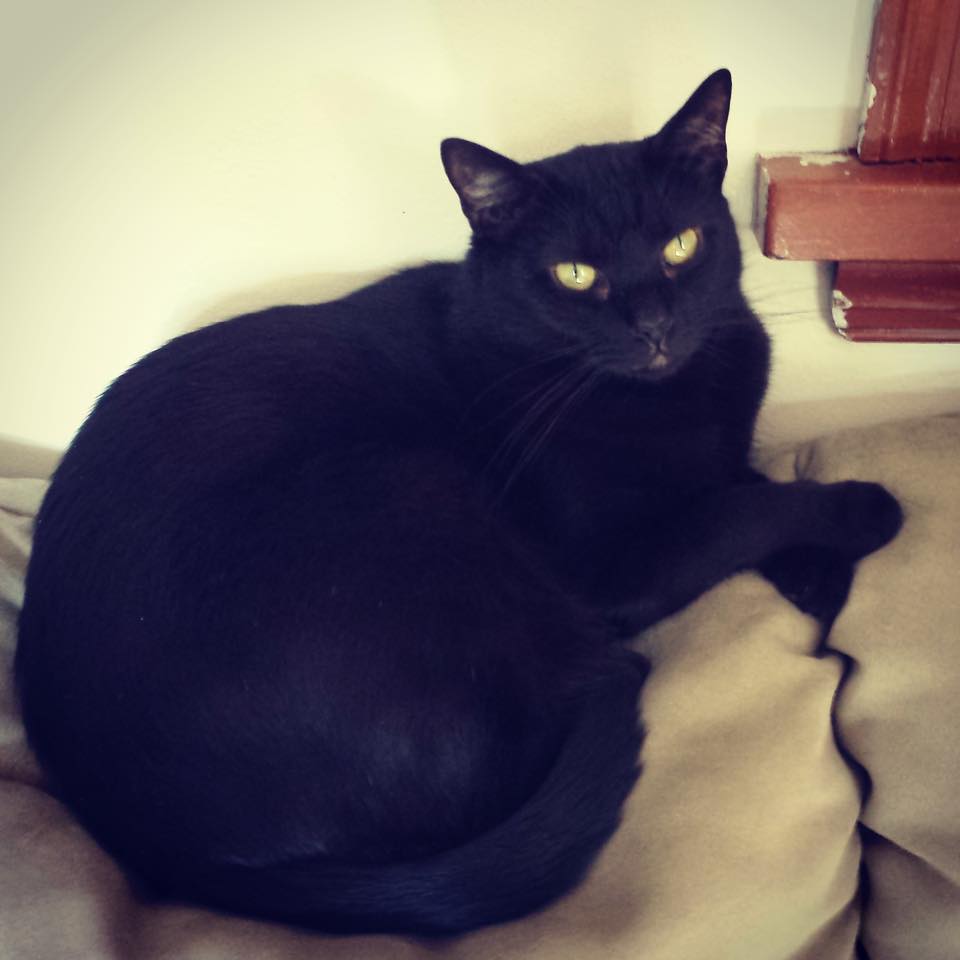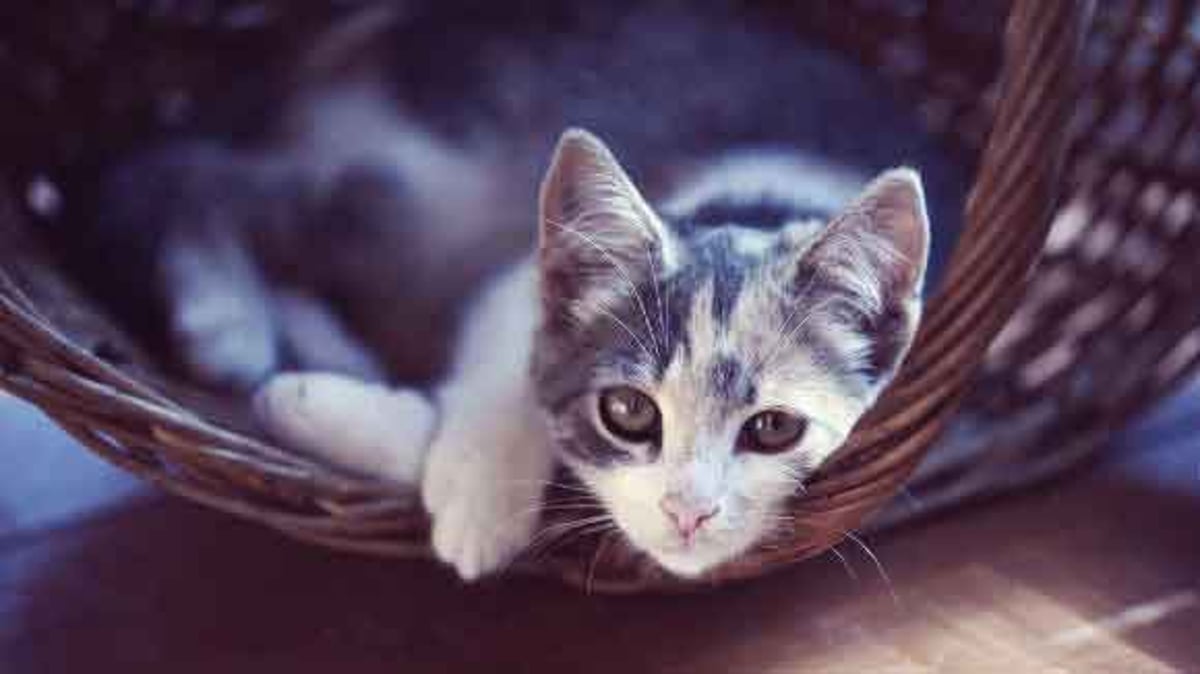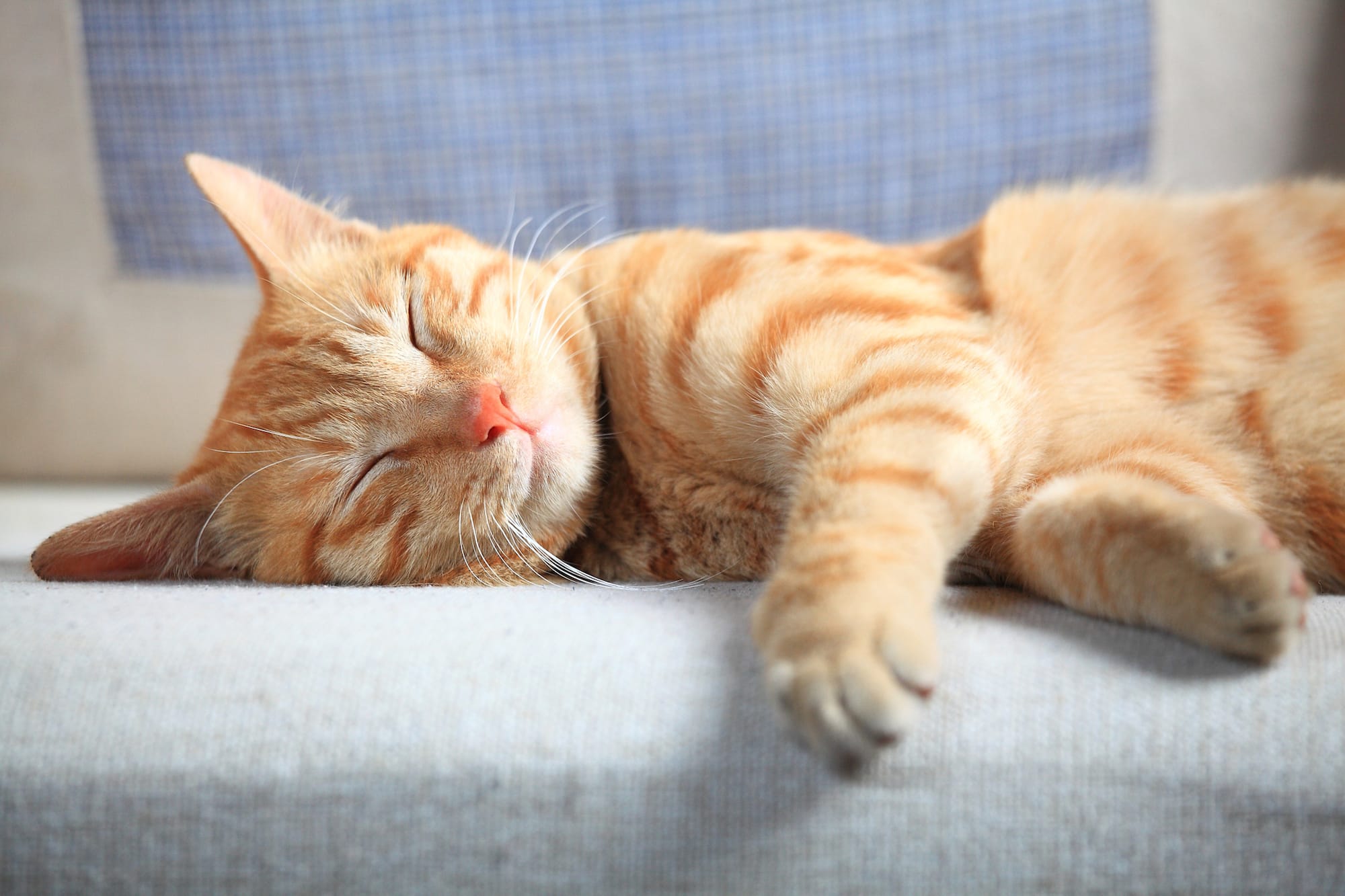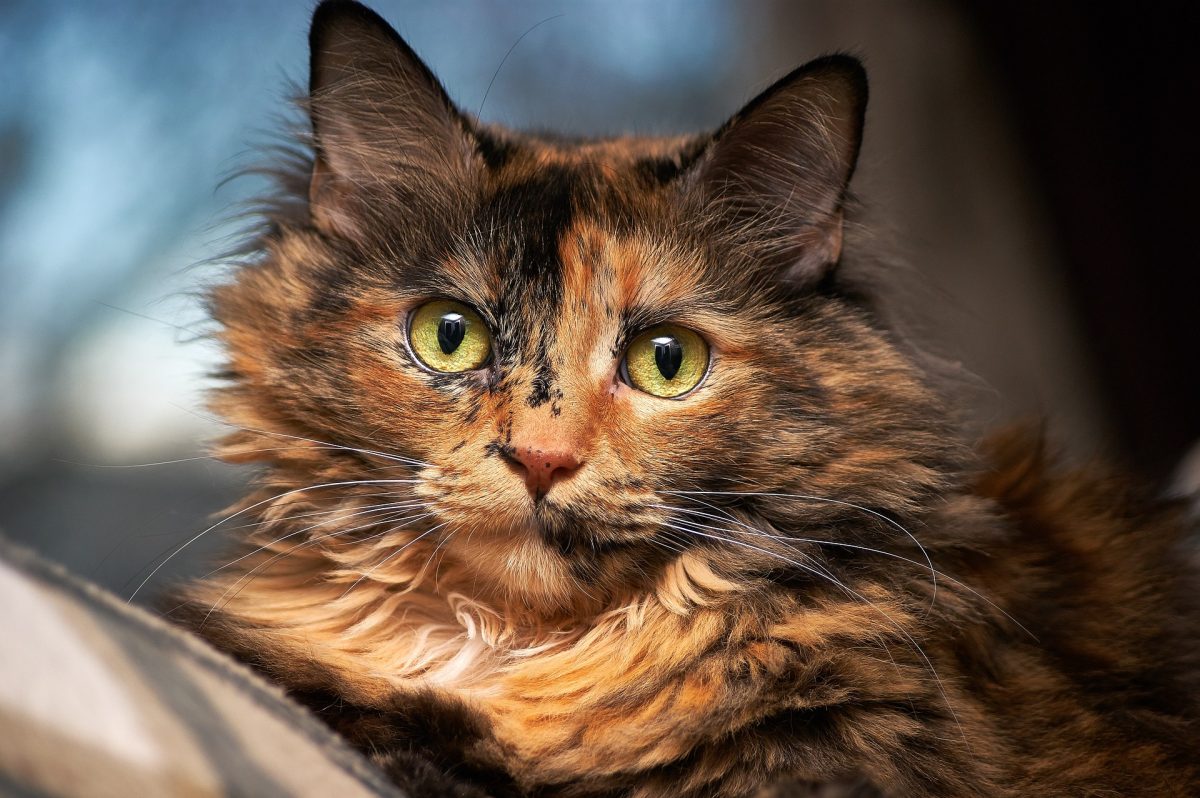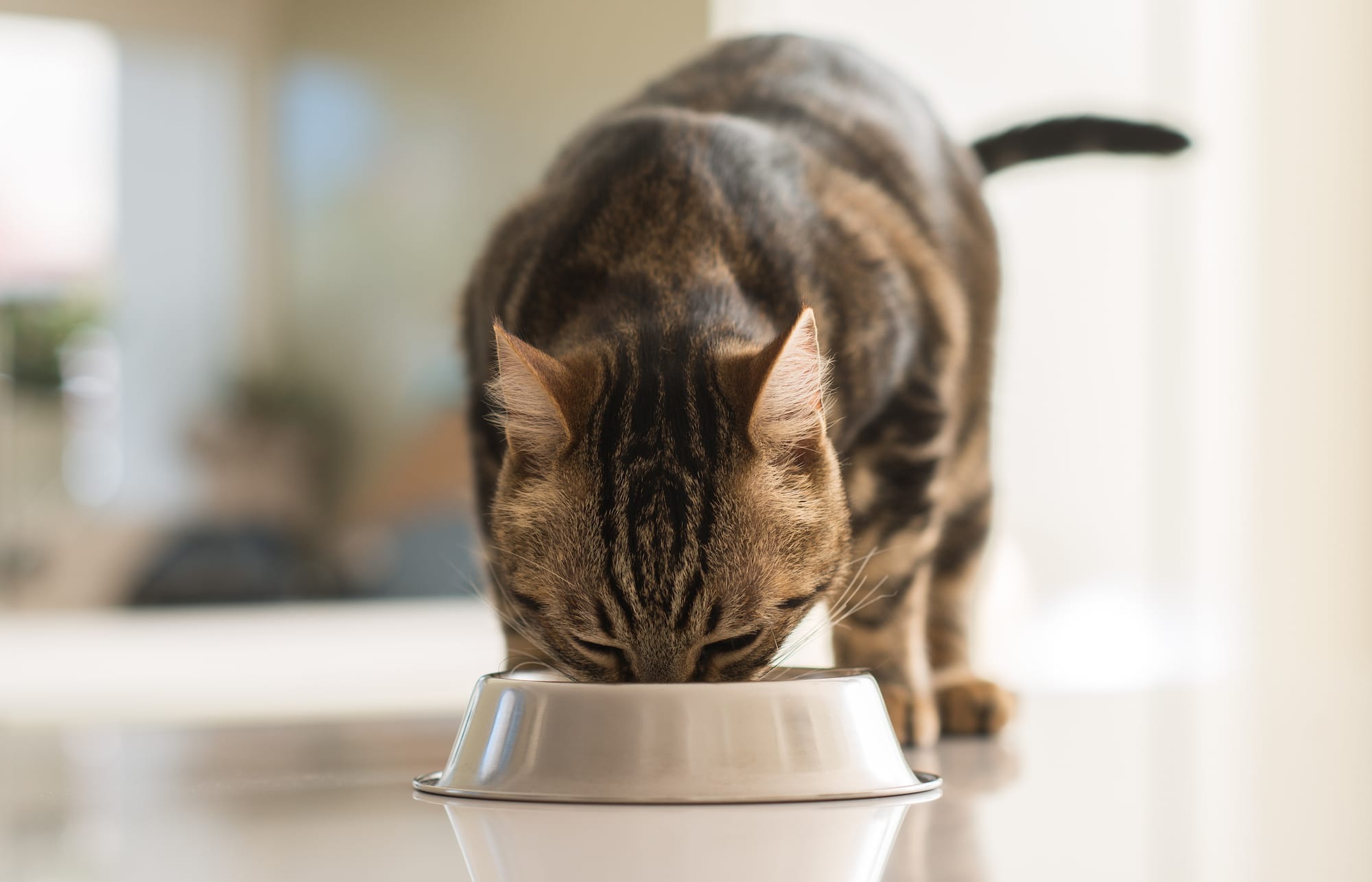Pancreatitis In Cats Life Expectancy
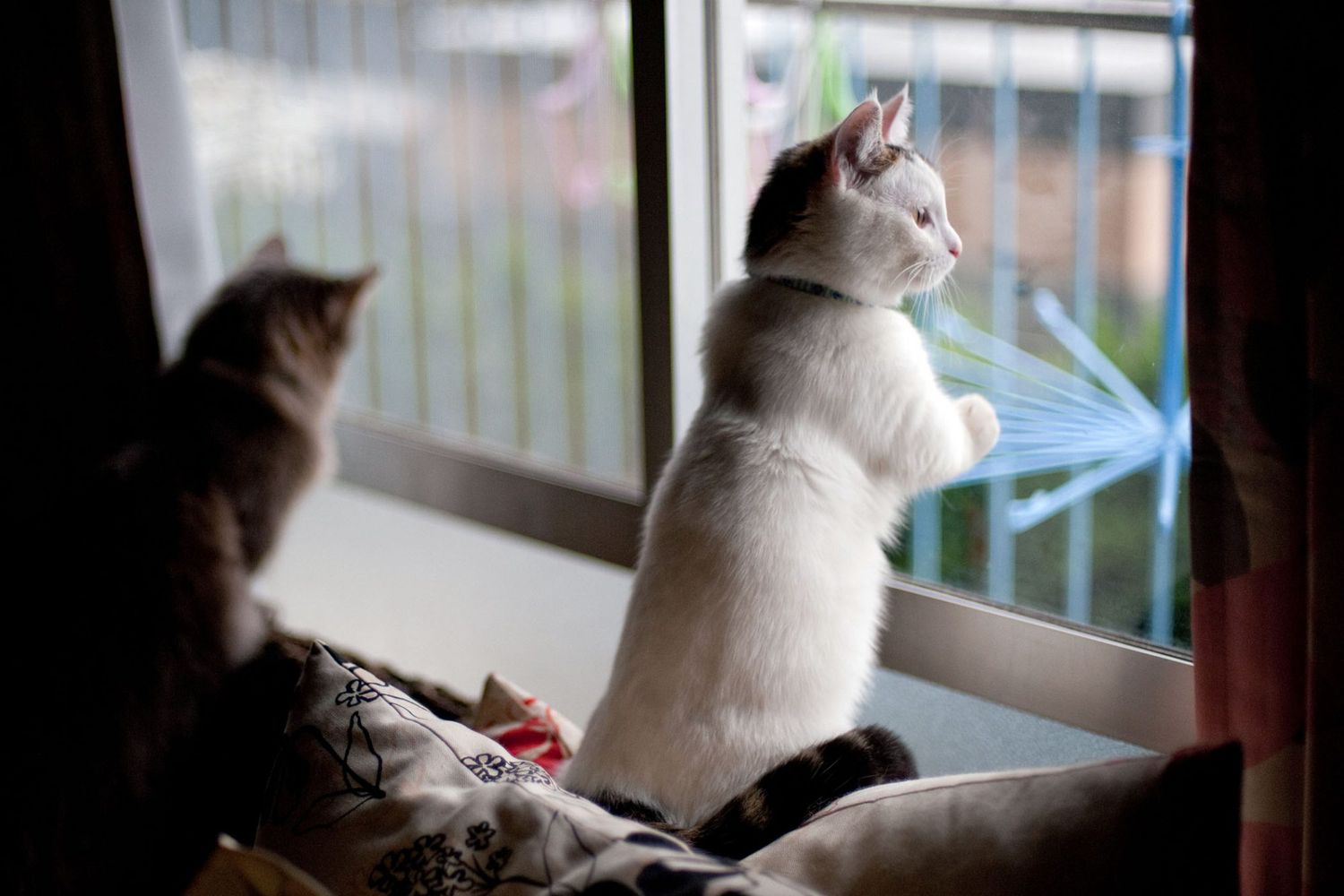
Pancreatic Cancer In Cats.
Pancreatitis in cats life expectancy. Therefore in pancreatitis in cats life expectancy is low and the prognosis is guarded as it can often be a fatal condition. Cats with a mild case of pancreatitis can quickly recover and many times will not have a relapse for many years. The pancreas becomes part of the endocrine and digestion system which is integral for the food digestion of foods producing the enzymes that absorb food and producing insulin.
For cats with mild to moderate forms of disease the prognosis for recovery is generally very good though repeated episodes are possible. The pancreas is a critically important organ for digestion and the maintenance of healthy blood sugars. Pancreatitis in cats is quite common.
If enough pancreatic tissue is damaged secondary complications can occur. Chronic non-suppurative which is the most common and differs slightly from the canine variety. Unfortunately in some cases it can last for the remainder of the pets life.
Prognosis The prognosis for cats with pancreatitis is. How long does pancreatitis last in cats. The outlook for cats with a pancreas inflammation may depend on the severity of the disease After the spread of pancreatic cancer to other organs around the lymph nodes or other parts of the body the life expectancy is only three to six months.
Less than 50 of cats with pancreatitis have vomiting and abdominal pain as a symptom. With only one exception chronic pancreatitis diagnosed in cats with fluke-induced cholangitis and cholangiohepatitis was subtle and interpreted as an incidental background lesion unrelated to platynosomosis. No single treatment method exists for acute pancreatitis in cats.
Conclusions and relevance The results of this study suggest that platynosomosis rarely induces pancreatic damage in cats. Animals with more severe disease can develop heart arrhythmias sepsis body-wide infection difficulty breathing and a life-threatening condition called disseminated intravascular coagulation DIC which results in. Usually pet insurance companies will pay for a condition again if it has been longer than a year in between diagnoses.

